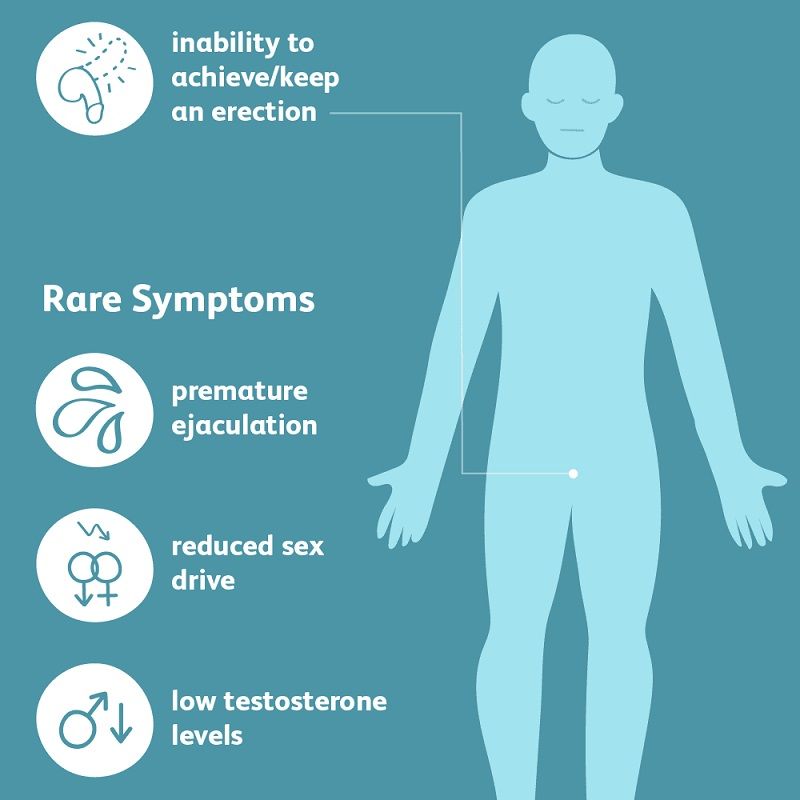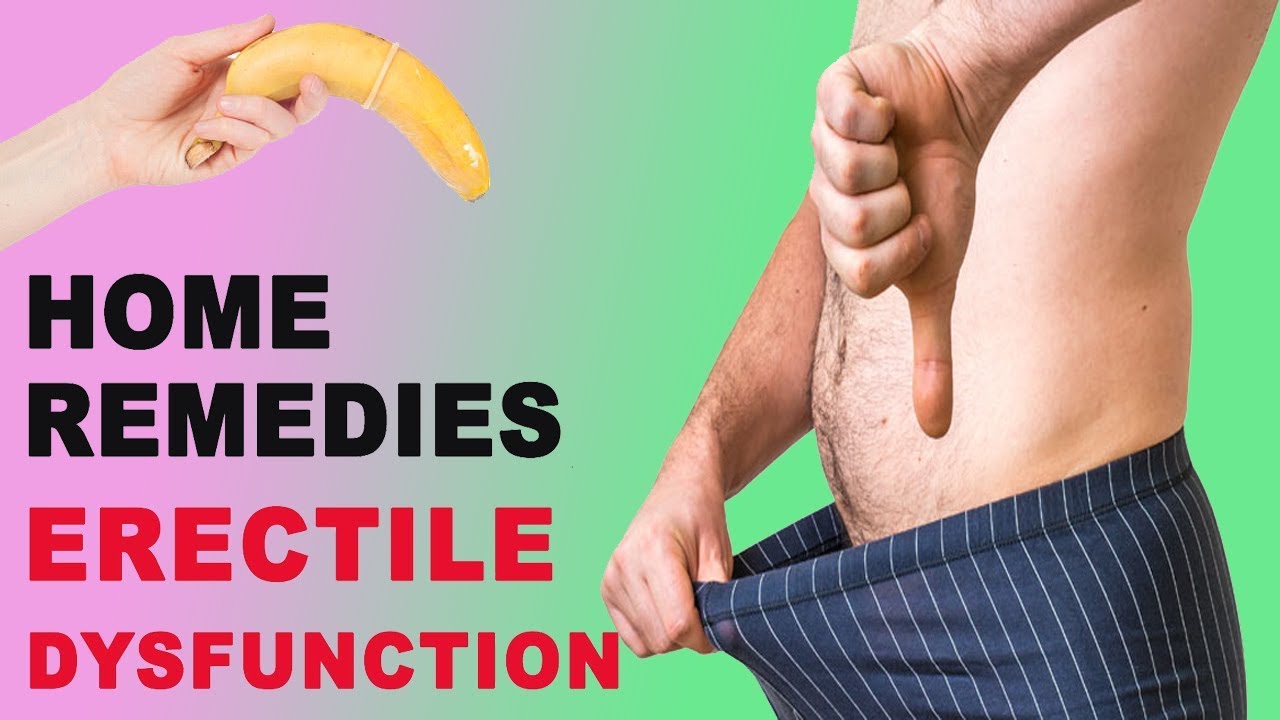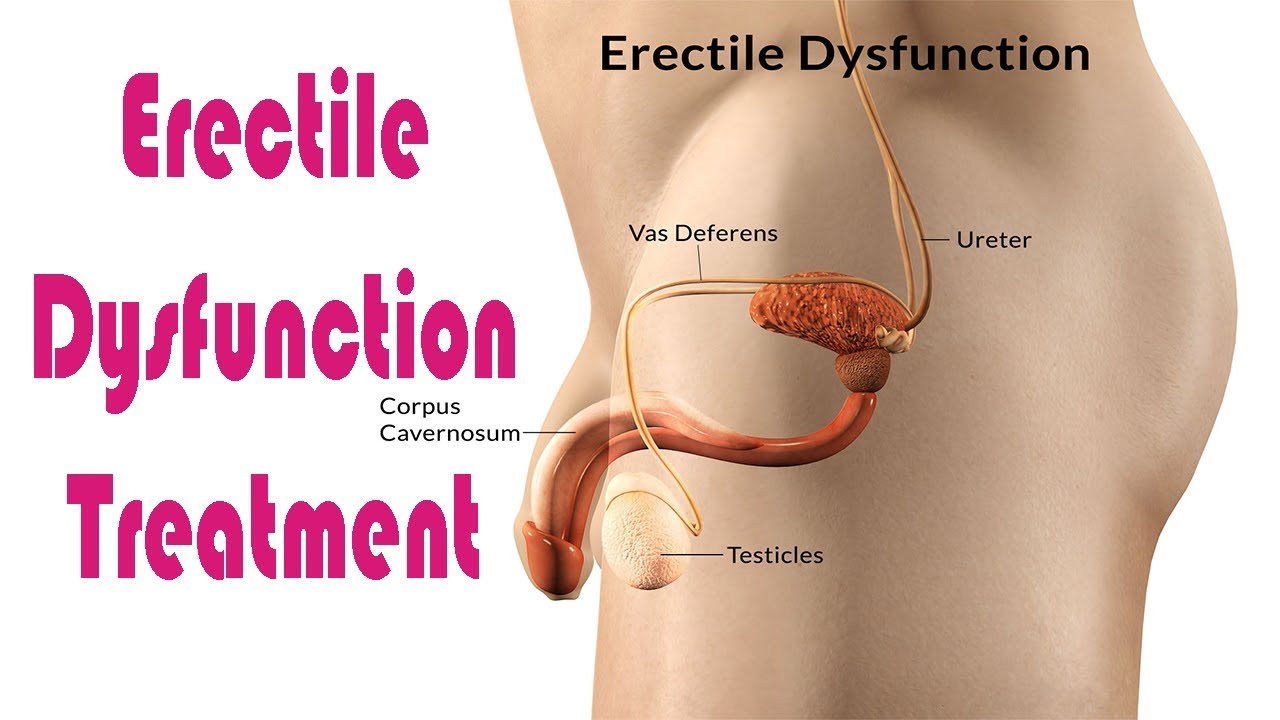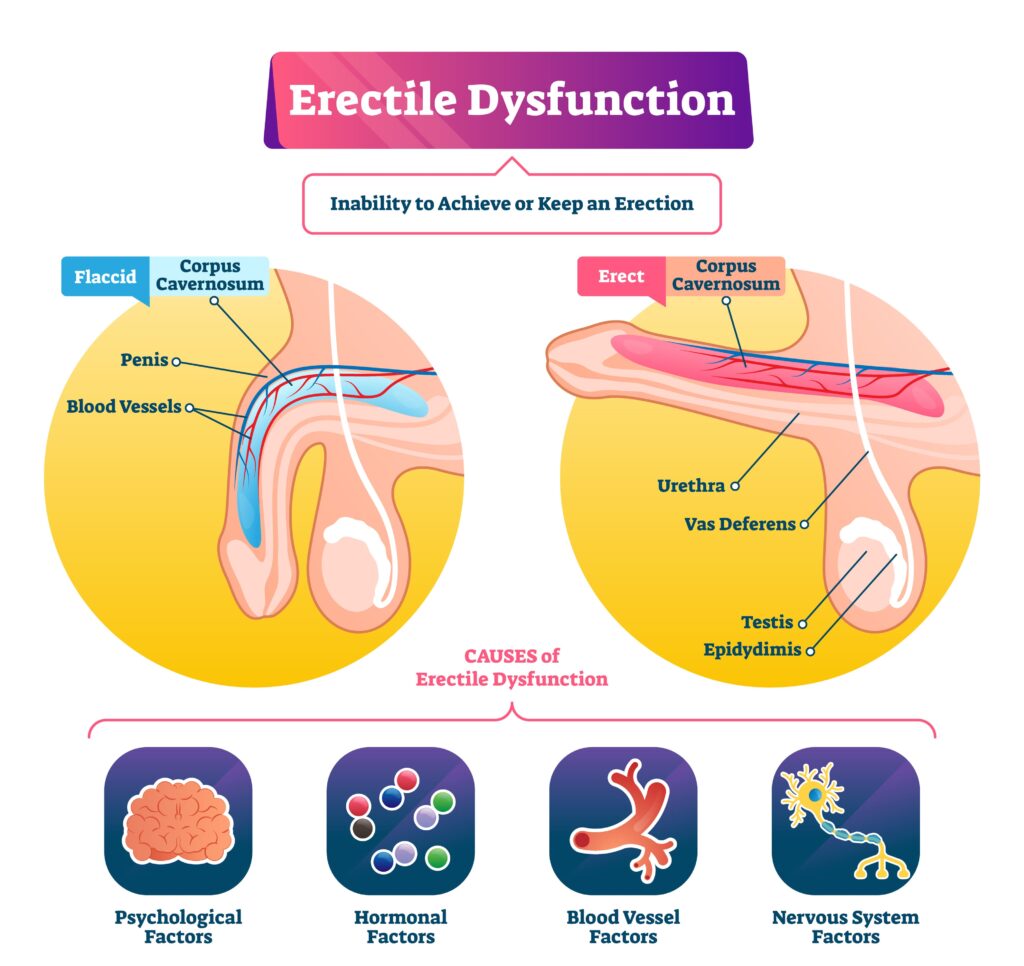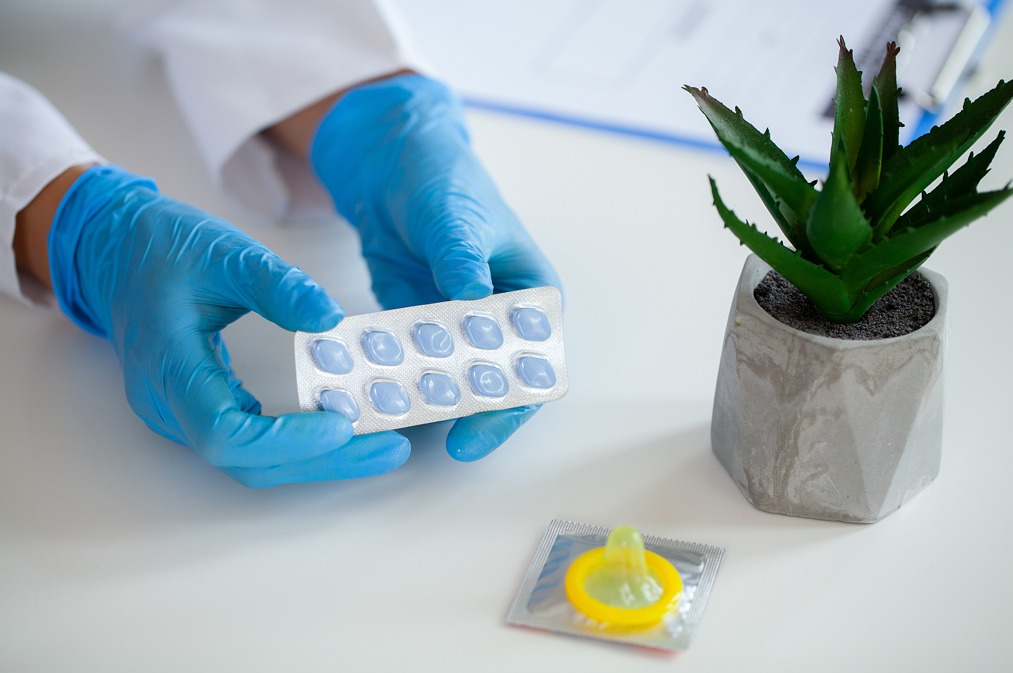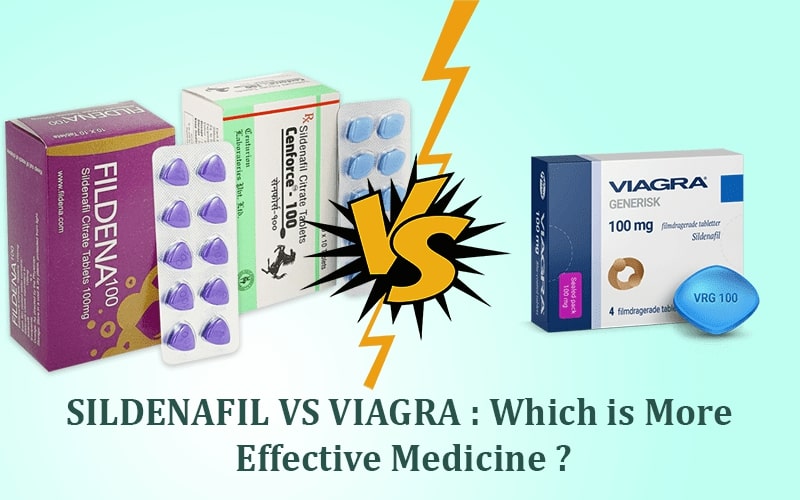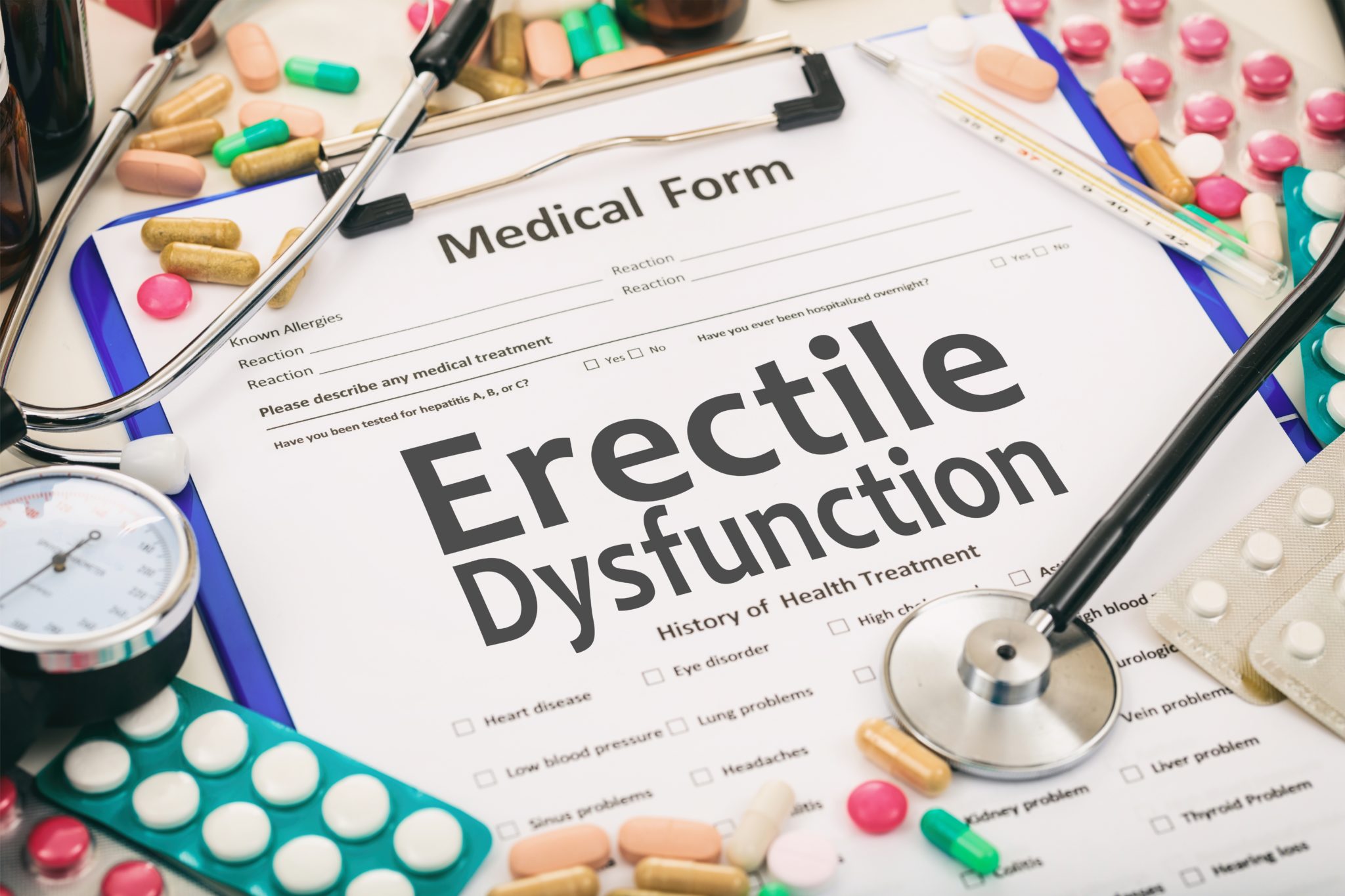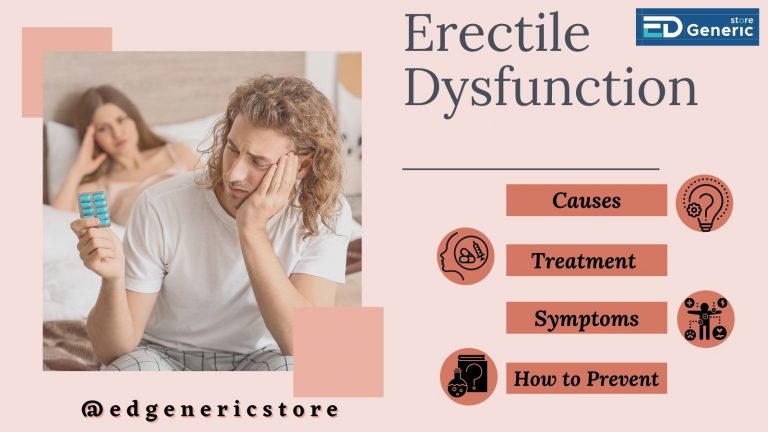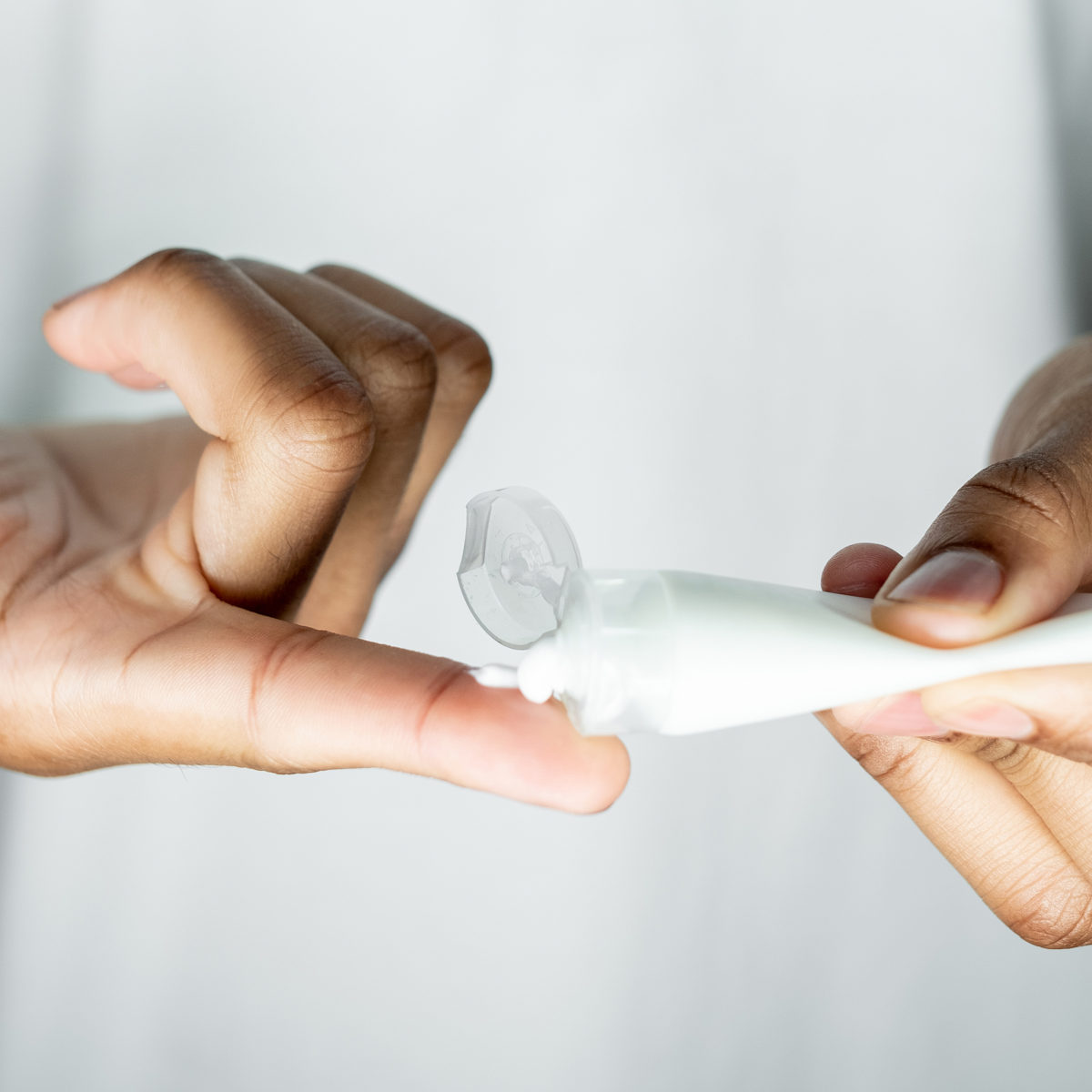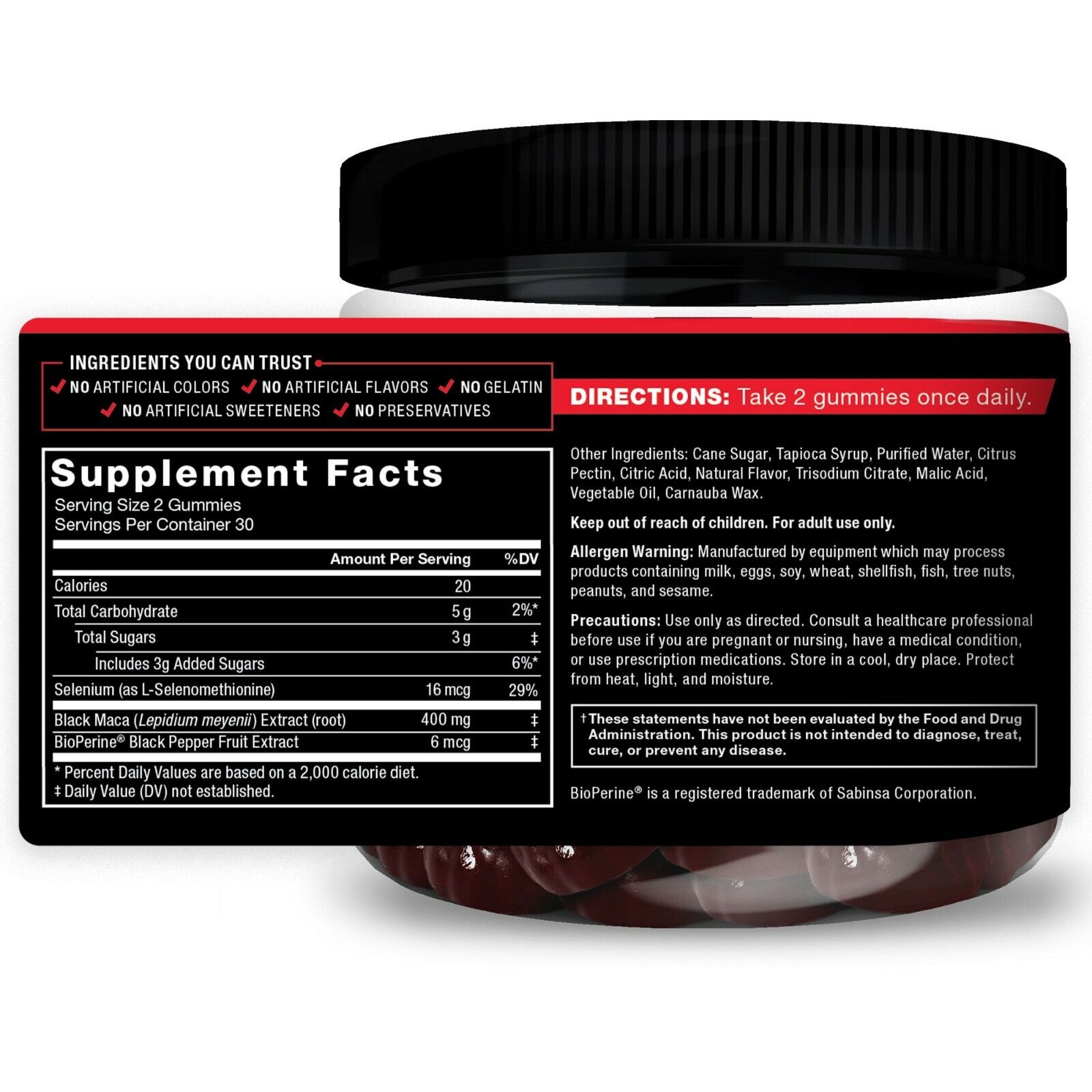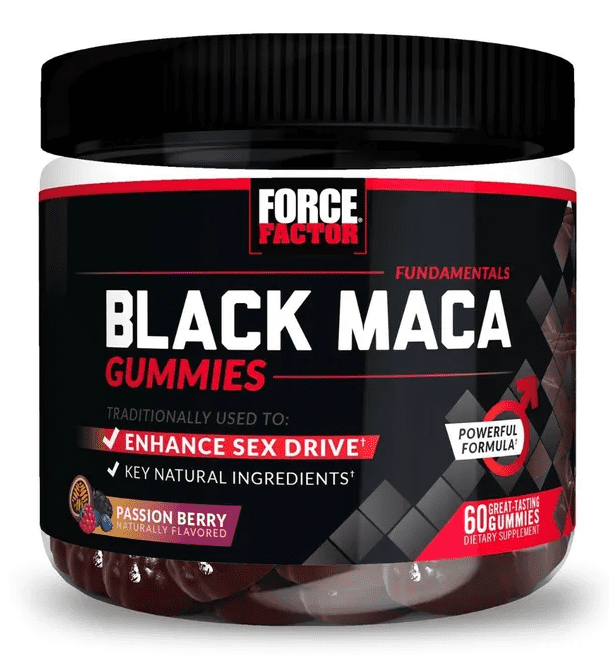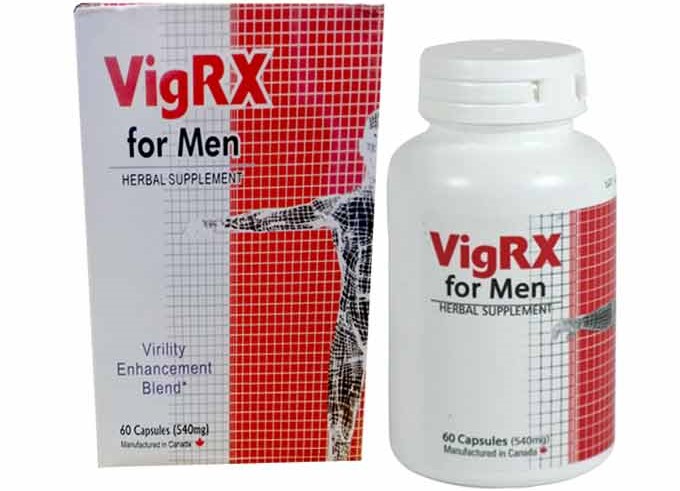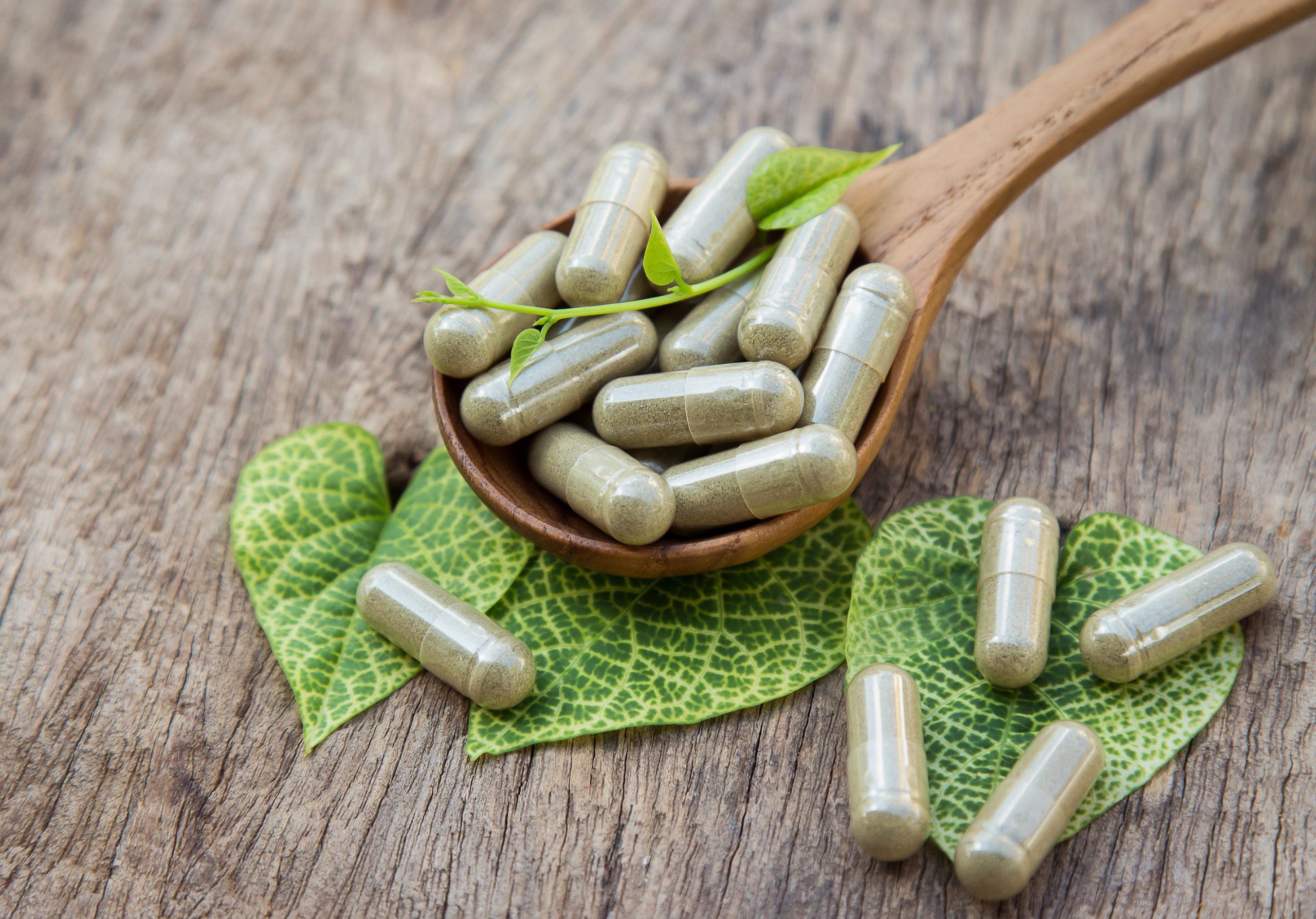When it comes to sexual health, one of the most common issues men face is erectile dysfunction (ED). It’s something many men find difficult to talk about, but the truth is, ED is incredibly prevalent. According to Dr. Nathan Starke, a urologist specializing in men’s health at Houston Methodist, oral medications, like the famous “blue pill” (Viagra), are often the first treatment prescribed.
However, medication isn’t the only solution. For men who don’t want to rely on pills—or who may not be able to take them due to side effects or health risks—there are several other treatment options available. Let’s dive into five alternatives to ED pills that might offer relief without the need for medication.

1. Vacuum Erection Devices (VED)
Often referred to as a penile pump, a VED works by creating suction around the penis, which draws blood into the organ to produce an erection. Once the erection is achieved, a small tension ring is placed at the base of the penis to maintain the erection for up to 30 minutes.
Dr. Starke explains, “While the concept of suction and ring compression may sound a little intimidating, it’s a reliable and effective solution for many men who want to restore erectile function without relying on medications.”
Some potential downsides to using a VED include:
- Mild bruising from the suction
- Difficulty with ejaculation
- A cold sensation in the penis if used for extended periods
Despite these side effects, many men and their partners find this method effective and less invasive than other treatments.
2. Testosterone Replacement Therapy
Erectile dysfunction isn’t always linked to physical conditions like blood flow issues. Sometimes, the root cause is low testosterone levels, which can significantly impact a man’s ability to maintain an erection.
Dr. Starke suggests, “If you suspect low testosterone might be a factor in your ED, your doctor can help assess your levels and recommend testosterone therapy if necessary.” However, testosterone replacement isn’t typically a first-line treatment for ED, and it’s often used in conjunction with other therapies.
This option can be especially beneficial for men experiencing fatigue, low libido, or decreased muscle mass—all common symptoms of testosterone deficiency.
3. Urethral Suppositories
Another non-pill treatment for ED involves urethral suppositories, which deliver medication directly into the penis through a small pellet inserted into the urethra (the tube that carries urine). This treatment is often preferred by men who want to avoid injections or pills.
“Within about 10 minutes, this treatment can trigger an erection that can last between 30 to 60 minutes,” says Dr. Starke.
However, there are potential side effects, including:
- A burning sensation during insertion
- Minor bleeding from the tip of the penis
While these side effects can be uncomfortable, the rapid onset of action makes urethral suppositories a popular choice for men seeking an alternative to oral medications.
4. Penile Injections
Although the idea of penile injections can seem intimidating, it’s actually one of the most effective ways to achieve an erection. In this treatment, a small needle injects a medication directly into the base of the penis to improve blood flow.
Dr. Starke reassures, “The injections work better than oral medications and are an effective option for men who have not found success with pills.” While some men find this treatment difficult to get used to, it offers quick, reliable results.
Common side effects include:
- Minor pain or bleeding at the injection site
- Prolonged erections that can last longer than desired (priapism)
- Scar tissue formation at the injection site (in long-term users)
Despite these risks, many men are pleased with the results, especially when they are properly trained to administer the injection themselves.
5. Penile Implants: A Long-Term Solution
For men who have tried other treatments without success, penile implants may offer a permanent solution. A penile implant is a surgical procedure that involves inserting a device into the penis, allowing men to control when and how long they have an erection.
Dr. Starke notes, “A penile implant is the closest thing we have to a cure for ED.” The procedure itself takes about 30 to 45 minutes, and recovery typically involves a few weeks of downtime.
The results, however, can be life-changing. More than 90% of men who opt for a penile implant report high satisfaction with the procedure, noting that it restores both sexual function and confidence.
While it’s a significant commitment, a penile implant is often the go-to solution for men with severe or long-term ED who want something that doesn’t rely on daily treatment.
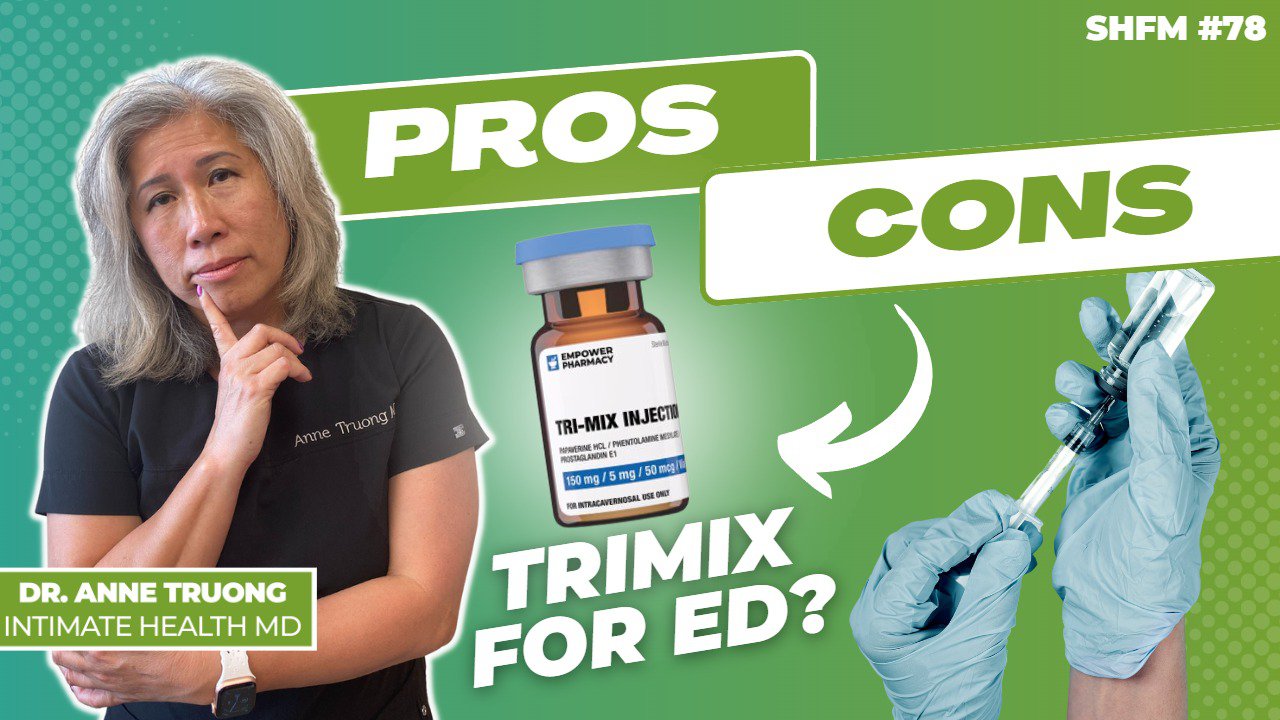
Addressing Underlying Health Issues for Better ED Management
It’s important to remember that ED rarely happens in isolation. In fact, many cases of erectile dysfunction are linked to underlying health issues that need to be addressed. Conditions like heart disease, high blood pressure, diabetes, and anxiety or depression are commonly associated with ED.
Dr. Starke explains, “Improving heart health, managing blood pressure, and addressing mental health issues can help reduce the severity of ED symptoms.”
Taking care of your overall health, reducing stress, and focusing on mental well-being may significantly improve your ED symptoms and even reduce your need for medical treatments.
Wrapping Up: Exploring Your Options
If you’re struggling with ED, know that you don’t have to rely on pills alone. Whether it’s a vacuum pump, testosterone therapy, urethral suppositories, penile injections, or a penile implant, there are plenty of options out there. The key is to work with your healthcare provider to find the treatment that best fits your needs.
Don’t be discouraged if one treatment doesn’t work for you; the important thing is that there are multiple ways to address ED and improve your quality of life.
FAQs
-
What is the success rate of penile implants?
More than 90% of men report satisfaction with the results of a penile implant, with most saying it significantly improves their sexual function and intimacy. -
Are there any side effects from testosterone replacement therapy?
Some potential side effects of testosterone therapy include weight gain, mood changes, or sleep apnea, though these vary depending on the individual. -
How do I know if a penile implant is right for me?
Penile implants are generally recommended for men who have tried other ED treatments without success. A consultation with a urologist will help determine if this is the right option for you. -
Can ED be a sign of a more serious health issue?
Yes, ED is often linked to cardiovascular issues, diabetes, or mental health conditions. Addressing these underlying issues can help improve ED symptoms.
